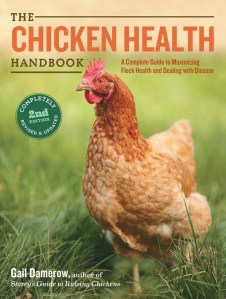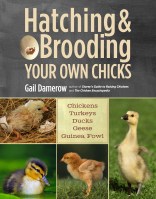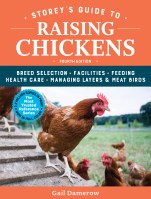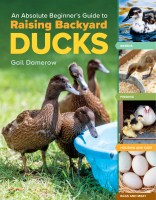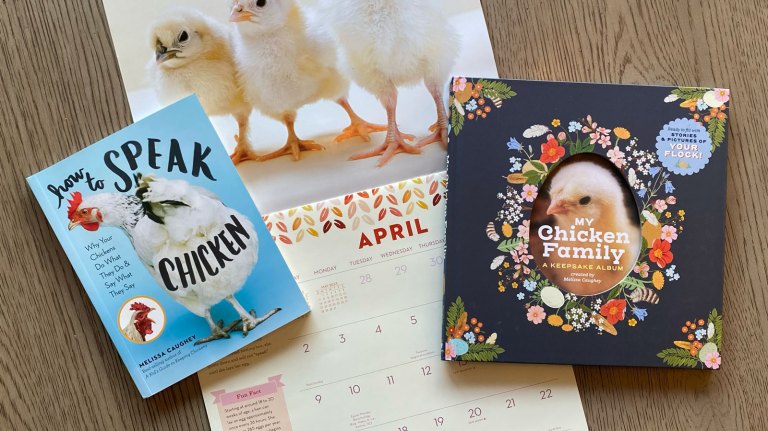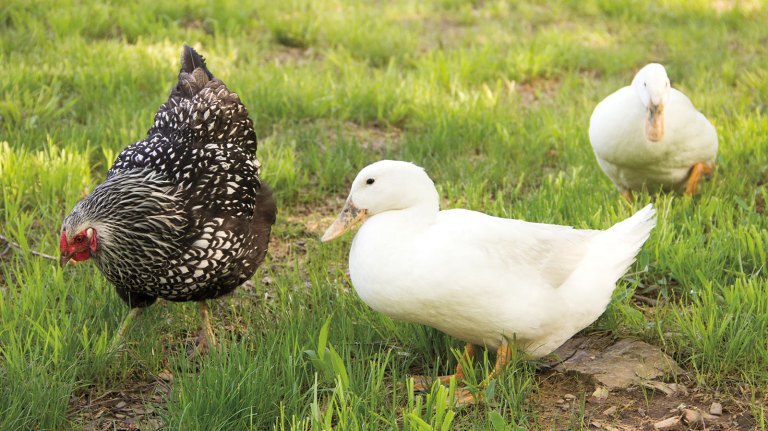Garlic for Chicken Health
Garlic fights cold and flu in humans, and it can give backyard chickens an immune system boost, too.

“If it sounds too good to be true, it probably is” does not entirely apply to garlic, which has so many beneficial properties that researchers haven’t yet discovered them all. On a basic level garlic contains oligosaccharides — prebiotics that stimulate the growth of beneficial bacteria in the large intestine, thus stimulating immunity. Small amounts of crushed raw garlic fed to baby chicks twice a week not only help their immune systems develop but also get them used to the flavor so they will be more likely to accept it later in life.
Raw garlic may be used to boost the immune system of a droopy mature chicken by serving as an appetite stimulant. Add crushed garlic to the drinking water at the rate of four cloves per gallon, providing fresh garlic water daily.
Chickens that have been conditioned from a young age to accept the flavor of garlic should have no trouble drinking the water. For chickens that are unfamiliar with garlic, reduce the initial amount until they will drink, then gradually increase the amount up to four cloves per gallon. Meanwhile, should a chicken’s condition require antibiotic treatment, garlic will work synergistically with the drug.
Garlic powder, added to chicken feed at the rate of 1.5 pounds per 50 pounds (0.6 kg per 20 kg) of ration, has been found to neutralize the odor of manure, but apparently it does not affect the flavor of eggs. Taste testers, in fact, preferred eggs from hens fed garlic, claiming they tasted milder. Researchers speculate that garlic somehow reduces the eggs’ sulfur content.
Exactly how garlic works all these miracles, and more, is still pretty much a mystery, largely because of its highly complex chemistry. However, it’s fairly clear that allicin and allicin-derived compounds metabolize rather rapidly, working alone or synergistically to exert a variety of beneficial effects on different body systems.
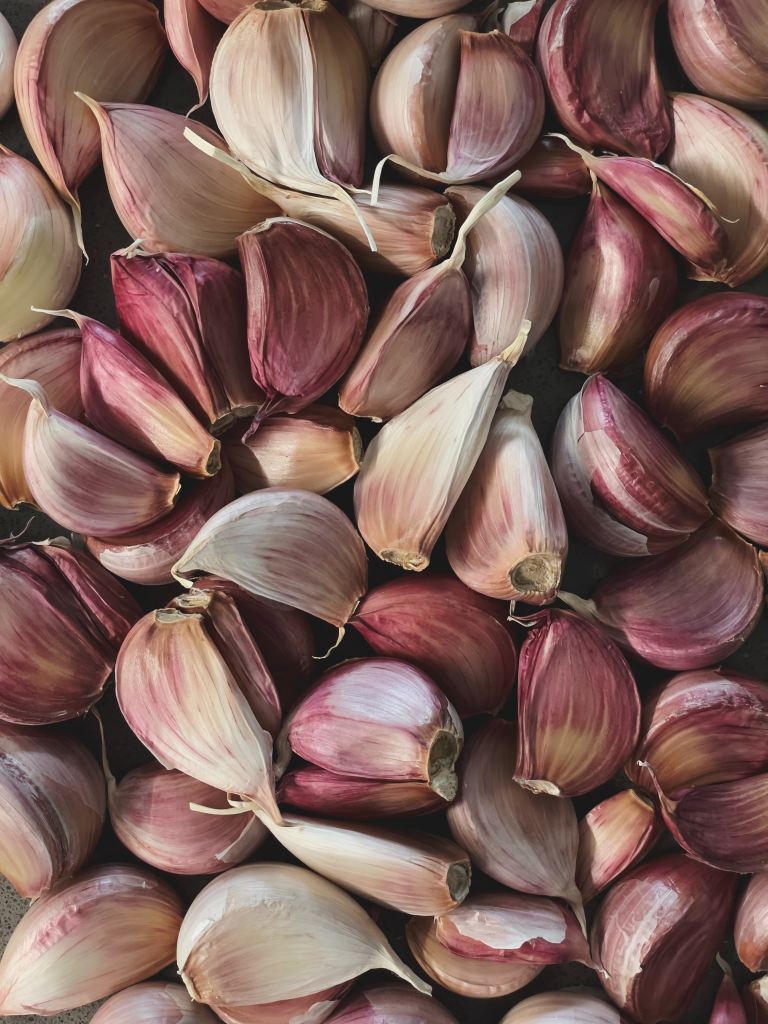
Garlic Juice Spray
Garlic juice spray may be used to control northern fowl mites.
To make garlic juice spray, peel cloves from one head of garlic and crush them in a garlic press or whirl them in a food processor. Drain out the juice by pressing the pulp into a mesh strainer over a bowl. To remove small bits of pulp that get through the strainer and might clog your sprayer, strain the juice through a piece of cheesecloth or a paper coffee filter. One head of garlic should yield about ¼ cup of juice. Combine ¼ cup (about 55 mL) of garlic juice with 2¼ cups (500 mL) of water to make a 10 percent garlic juice spray.
To control northern fowl mites, apply the spray to the affected chicken’s vent weekly for 3 weeks, and thereafter as needed to maintain control. If fresh spray irritates the skin around a chicken’s vent, age the spray a couple of days before using it.
Excerpted from The Chicken Health Handbook, 2nd Edition © Gail Damerow.
